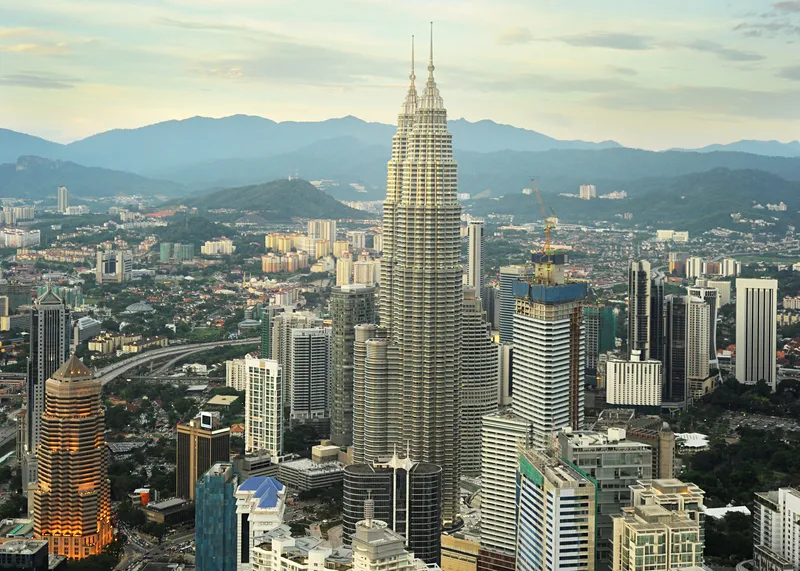
PTV Group is to produce a real-time traffic predictive solution to improve transport planning in the city of Kuala Lumpur.
The move is part of plans to help the Malaysian capital manage congestion and improve travel reliability.
In the first phase, a city-wide model will be developed using PTV Model2Go and PTV Visum, "giving planners a reliable, data-backed foundation for strategic decision-making", the company, which is part of Umovity, says.
PTV Flows will enable a new traffic prediction and monitoring solution covering 130km of major city-centre routes.
“This project underscores Kuala Lumpur’s commitment to building a smarter, more connected future," says Christian U. Haas, PTV CEO. "We are proud to support the metropolis on this smart city journey."
The cloud-based platform PTV Hub will support collaboration among stakeholders and offer dynamic visualizations to guide planning processes.










